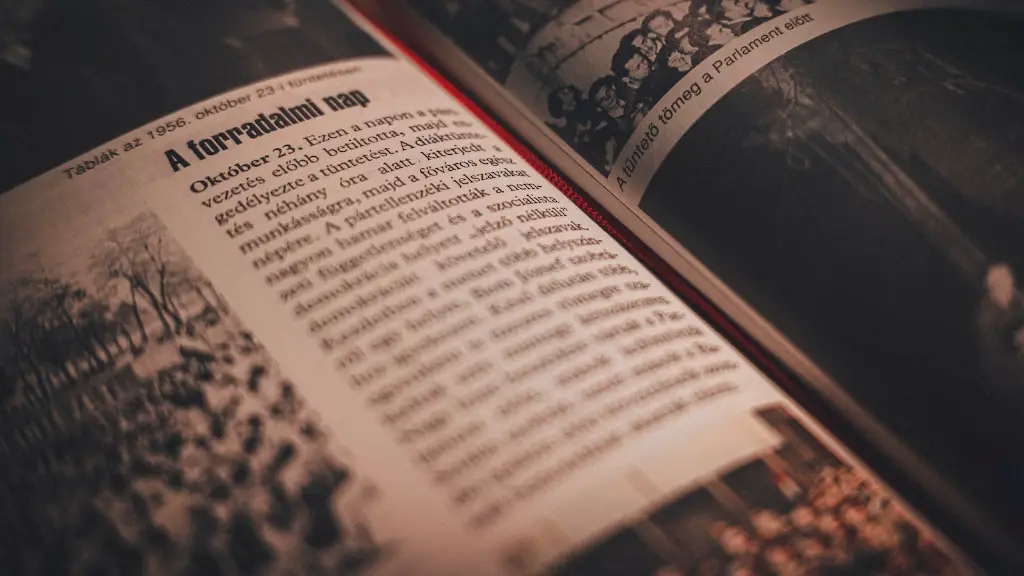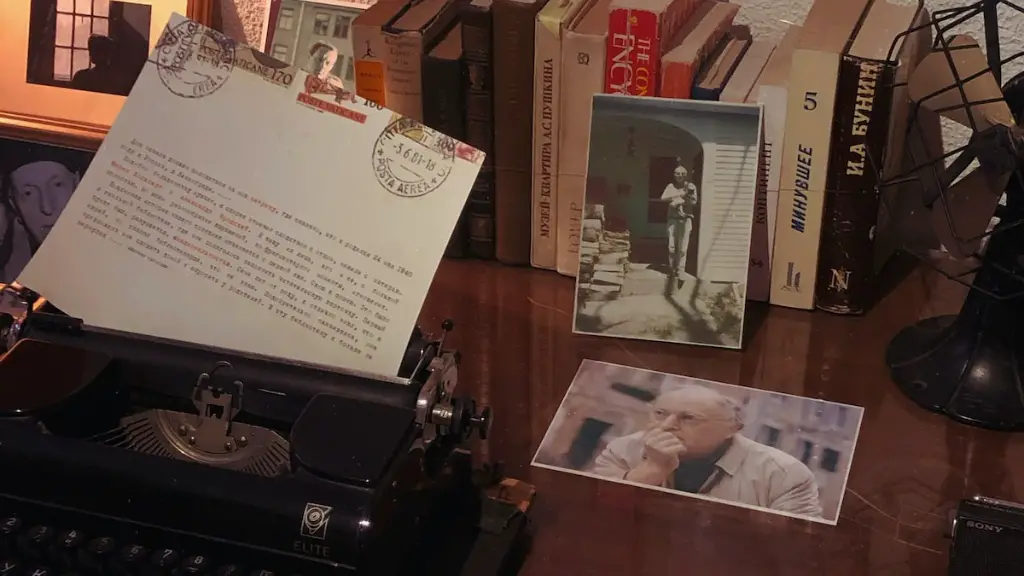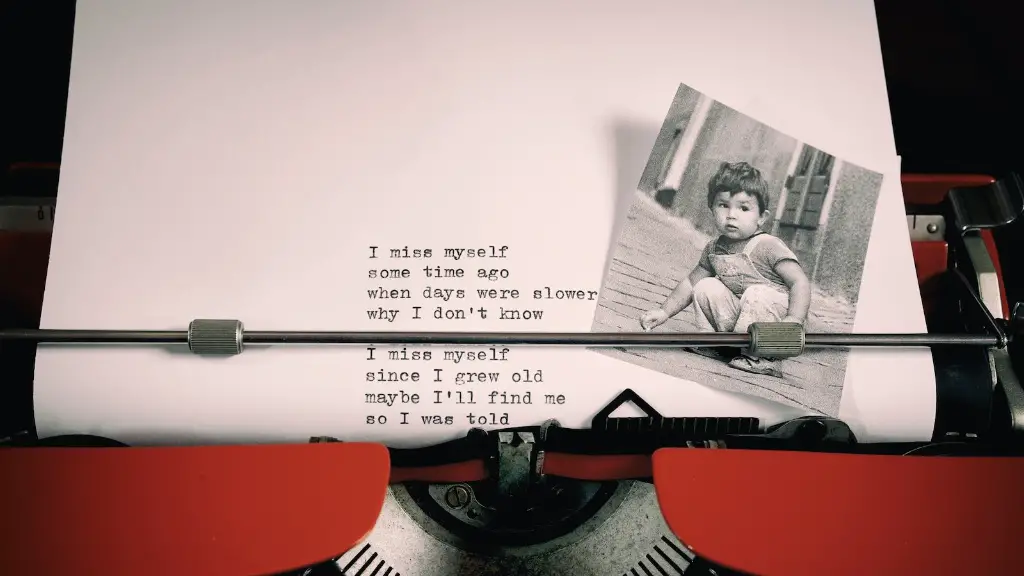Open Form in Poetry Definition
Open form in poetry is a structure of poems that don’t have a specific pattern or form. This type of composition allows the poet to express their thoughts or feelings freely and creatively. This can allow the poet to create an original and unique work of art that stands out from other traditional forms of poetry. The main advantage of open form is that it has no easily recognizable pattern or formula and thus, does not come with the preset expectations that are associated with traditional poems, such as rhymes, metre, and stanzas. Open form allows poets to experiment with their writing and create something entirely unique.
History
Open form poetry has existed since the ancient times of Homer and Virgil. Many of the Ancient Greek tragedies, such as Aeschylus’ Prometheus Bound, were written in a form of open verse. In the 900s, the minor poet Li He of the Chinese Tang Dynasty was another early user of this form. During the 19th Century, open form found its way into the limelight, with modernists such as Walt Whitman and Ezra Pound experimenting with this new form of expression, with Walt Whitman’s Leaves of Grass being one of the earliest examples of open form in English literature.
Open Form Usage
The main perk of open form is that it allows the poet to creatively express themselves in a way that is less cumbersome and more free-flowing than the traditional forms. Open form also allows poets to explore unconventional methods of expression. They can take their traditional skills and apply it to this less rigid form to create a unique piece of art. Many poets use open form to write in an experimental manner, testing the boundaries of language and sentence structure, as well as exploring other techniques such as repetition and alliteration. Open form poetry is also a great tool to write abstract pieces, as it allows the poet to focus more on emotion than on traditional poetic ornamentation.
Traditional Poetry vs Open Form Poetry
Traditional poetry, such as sonnets and haikus, follows specific structure, such as rhyme and metre, which is why it is considered to be structured poetry. On the other hand, open form poetry is much more free-flowing and unconstrained. It is also considered to be a more modern form of poetry. The main difference between the two is that traditional poetry involves a strict set of rules that the poet must adhere to, while open form has no such restrictions. Traditional poetry also requires a certain level of technical skill and knowledge in order to adhere to the rules of the form. Open form, on the other hand, is more a matter of individual experimentation and creativity. The poet is given much more freedom when writing in open form and may use more unconventional methods of expression.
Writing Open Form Poetry
Open form poetry can be a great way to explore and express the emotions and feelings of the poet in a creative manner. There are no specific rules that one must follow when writing open form poetry so it is a great opportunity to play around and see what works. The first step is to find a subject that the poet is passionate about or interested in. Once the poet has chosen a subject, they can begin by writing down whatever thoughts or feelings that they have regarding the topic. This can be done in any way they like. It is best to let the words and ideas flow freely, without any expectations or limitations. The poet can then edit, revise, and arrange these ideas and words into a meaningful and coherent piece of art.
Benefits of Writing Open Form Poetry
Open form poetry allows modern poets the freedom to explore and express themselves in a unique and creative manner. This type of poetry also gives poets the opportunity to express abstract ideas that cannot be expressed in a traditional form. Open form allows for unconventional techniques and methods of expression, such as repetition and alliteration. Additionally, writing open form poetry can help to develop a poet’s individual writing style, as they are able to experiment and find what works best for their writing. Finally, open form poetry can be a great platform for a poet’s voice to be heard and gives readers the opportunity to experience the emotions and thoughts of the poet in an intimate way.
Pros and Cons
Open form poetry has its own set of pros and cons. On one hand, open form poetry allows for much more creativity and experimentation than traditional forms. Additionally, this type of poetry allows poets to explore abstract ideas and gives them the opportunity to develop their own unique style. On the other hand, open form requires a certain level of skill in order to execute it correctly. Additionally, open form has the potential to be confusing and might not be understood by all readers.
Conclusion
Open form poetry is a modern and unique way for poets to express themselves creatively. It is a great avenue for experimentation and allows for unconventional techniques and methods of expression. Open form has been around for centuries, with poets such as Walt Whitman and Ezra Pound using it for their works. Open form is a fantastic way for modern poets to express themselves and create something unique and meaningful.


